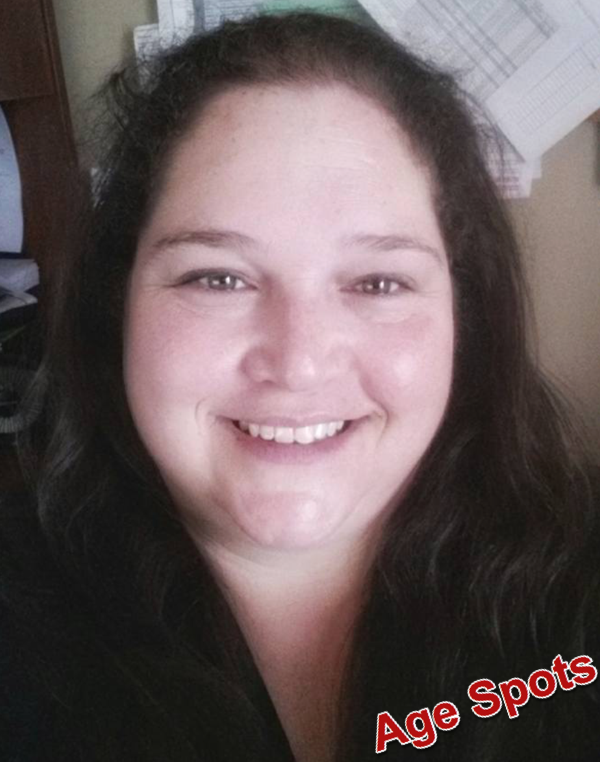
It’s That Time Again, Medicare Part D Open Enrollment
by Jackie Dover
Every year I look forward to the major events of the year; Independence Day, Thanksgiving, Christmas and Medicare Part D Open Enrollment. I know that last one is not on everyone’s calendar, but it should be.
Medicare Part D Open Enrollment begins October 15 and ends on December 7 every year, with the new drug plans taking effect on January 1 of the following year. The importance of the open enrollment period is that it gives Medicare beneficiaries the opportunity to compare the coverage they have with other available plans to determine if the changes to their plan are ones they find acceptable.
Medicare drug plans change every year and sometimes the changes are shocking. The costs of the plan including the monthly premium and the deductible can go up or even down. The plans can change what medicines they cover, what tier the medicines are on and even the co-pays for each medication.
It is always a good idea to at least look at what is available even if the plan you have was great this year. All beneficiaries will receive an Annual Notice of Change (ANOC) before open enrollment begins. This information will show what the plan you are in will look like for next year. Open enrollment also gives those who opted out of drug coverage an opportunity to get into a drug plan. Open enrollment also allows beneficiaries to get in or out of Medicare Advantage plans.
The process is the same for anyone who needs help this open enrollment. Call our office to schedule an appointment or we can send out an open enrollment worksheet that can be sent back to us. We will need your zip code, list of medications and the pharmacy you prefer to use. This information will allow us to determine which plans will cover your medicine at the best cost.
We also use this time to screen for any of the extra help programs that help pay for the different parts of Medicare. A single person who makes $21,660 or less per year and a couple who make $29,140 or less per year could qualify for some extra help.
Please call Aging Matters to schedule an appointment or for more information, 1-800-392-8771 or locally 335-3331.
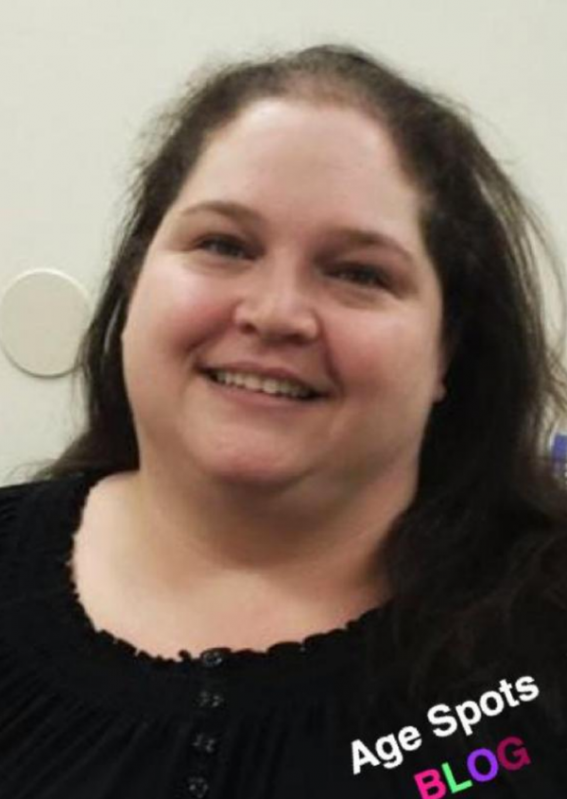
The “Grand”est of Families
Recently my middle son started his freshman year of High School. This moment arrived much sooner than I was ready for. All freshmen are expected to attend an orientation, as are their guardians. As I was walking from class to class, learning the daily schedule of a 9th grader and talking with the other adults, I noticed something that surprised me. Many of those eating lunch and going through orientation were grandparents, not parents. I decided then to do a little research.
According to AARP almost 2.5 million children, in the United States, are living in homes where grandparents are the primary caregivers, we will call these grandfamilies. This arrangement allows the children to have a family connection that can enrich the life of the child and the grandparent. The children get to live with family that love and nurture them and provide guidance. The grandparent gets the opportunity to provide security to the grandchildren and keep the family together. They also get to develop a closer relationship with their grandchildren.
There are many struggles these grandfamilies face. A simple thing such as a doctor’s appointment could be challenging if the proper paperwork is not done. Financially there could be struggles as grandparents on a fixed income now have to raise another generation, many times unexpectedly. Even more concerning is the fact that the world has changed since the grandparent raised their own children. Electronic devices, internet, drugs and general safety has changed and is continuing to change. Grandparents need help in keeping up with all these changes.
Sometimes grandfamilies need to know they are not alone; others are in the same situation. Zoia Martin a grandparent who has taken care of several of her grandchildren throughout the years stated, “Grandchildren have a hard time, they have periods where they miss their parents so much and that is the hardest part.” She advises to keep the parent connection if possible, remind them there is love.
To help address some of the grand parenting issues, Aging Matters invites all grandfamilies in the area to participate in some free upcoming conferences.
On Tuesday, October 4 there will be a Grandfamily Conference at St. Andrew Lutheran Church in Cape Girardeau. And on Thursday, October 20 at St. James Outreach Center in Hayti is Caregiver/Grandfamily Care Day. These conferences will offer information on legal issues, support services and offer grandparents the chance to become familiar with those who can answer questions.
When asked the best part of raising her grandchildren Martin did not hesitate to say, “The kids say, and do things that let you know they appreciate you.” We all should appreciate these amazing caregivers who are making a difference in the lives of these children. Please call the Family Caregiver Program at Aging Matters to register or if you have questions, 1-800-392-8771.
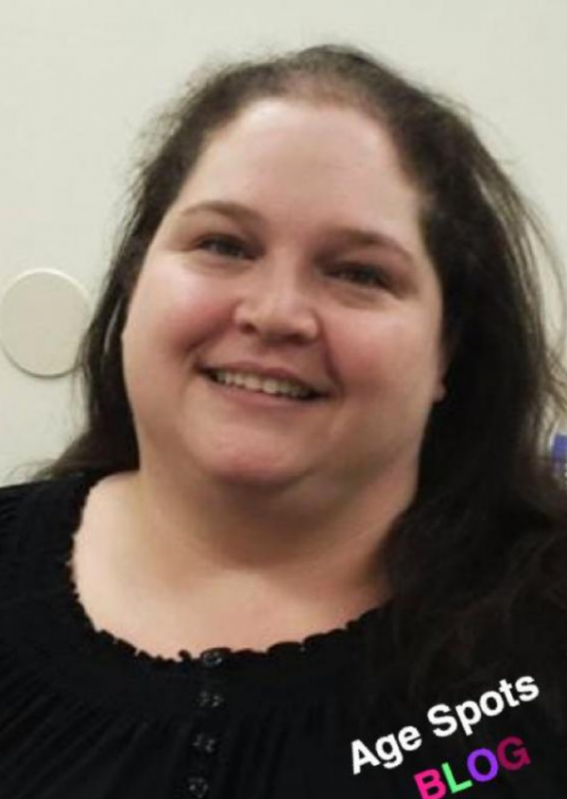
An Apple a Day Keeps the Doctor Away
When I was a young 20 something I had an old clunker of a car which had been passed down to me from my older sister. It wasn’t fancy but it got me from point A to point B, which is all I needed at that time. I learned a lot about cars; how to check the fluids, change a tire and fix little dents and even cracked windows. I babied that car for as long as possible. Eventually I traded that car in for a younger, newer model. Since we can’t change ourselves in for a more updated model we need to do our best to do as much “upkeep” as we can and preventive services can help.
Medicare has put a lot of focus on preventive services in the last few years. Preventive services are screenings to look for disease before a patient has symptoms of a disease. Why is it important to find out if you have a problem before you have symptoms? Because finding problems early can save not only money but also lives. Using the old car idea, it is much cheaper to get regular oil changes than it is to replace an engine.
Medicare will cover a variety of preventive services at $0 out of pocket cost. Some services are available to everyone; some are covered only if you have certain risk factors. Aging Matters has check lists and guides to the preventive services so you can see what might be appropriate for you.
If you have had Medicare for longer than 12 months you are eligible for a yearly “Wellness” visit. This is not a physical as most of us expect it to be. It is an assessment of your current health, a review of your medications, family history and a review of what risk factors and treatment options available to you. This is an opportunity for you and your provider to assess your health and possibly schedule you for more testing, if appropriate.
Other preventive services that are available include:
• annual flu shot
• Pneumococcal shot
• prostate screening
• glaucoma tests
• colorectal cancer screening
• tobacco use cessation counseling
For more information on preventive services or if you would like a guide to services, please call Aging Matters 1-800-392-8771.
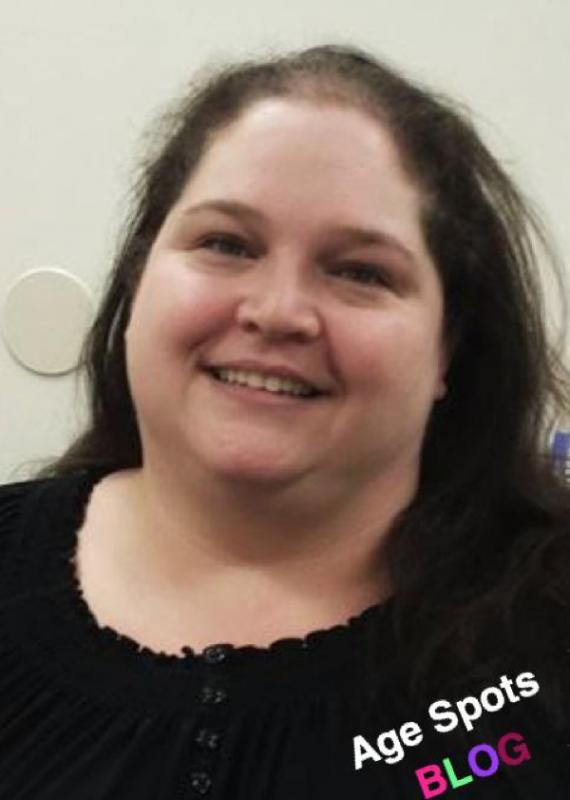
July, a month know for family vacations, fireworks, cookouts and hot, humid temperatures. As a kid I loved July, freedom from school and I could stay outside playing much later than normal. As I have gotten older July has definitely dropped in favor. I now have work to do and the heat and humidity that is Southeast Missouri affects me in ways I never worried about as a child.
Keeping cool in the Summer months can be difficult. The best way to keep cool is to stay in an air-conditioned area. This could be a home, the mall, a library or senior nutrition center. In extreme heat waves, cooling centers may be set up in your community; these will be announced as needed.
Drinking more fluids, especially water is also recommended, regardless of your activity level. Do not wait until you are thirsty to drink. Some may be on water pills or have conditions where their doctor limits how much fluid they can have, speak with your doctor about how much you should drink, while the weather is hot.
Wear lightweight, light-colored, loose-fitting clothing. It is also a good idea to a wear wide-brimmed hat and sun-block with a sun protection factor (SPF) of at least 15, if you will be outside. This will protect you from sunburn. If you do need to be outside, try to plan to do so in the morning or evening hours when it is cooler and the sun is not at its strongest. And I would be remiss if I did not remind everyone to not leave people or pets in cars in the Summer, the temperature in vehicles can soar in minutes.
Even with precautions we can become over heated. Watch for the warning signs of Heat Exhaustion:
• Heavy seating, paleness
• Muscle cramps
• Weakness
• Cold, pale and clammy skin
• Nausea or vomiting
• Fainting
If you see any of these signs move to a cooler location, lie down and loosen clothing. Apply cool, wet cloths to as much of the body as possible and sip water.
A more serious condition is Heat Stroke, if anyone shows these signs you would need to call 911 immediately. Get the person to a cooler place and put cool cloths on them or even put them in a cool bath. The signs of heat stroke are:
• High body temperature (above 103 degrees)
• Hot, red skin (moist or dry)
• Rapid and strong pulse
• Dizziness or confusion
• Possible unconsciousness
The hot Summer months can be dangerous but there are some fun things to do that you can’t do the other seasons. My grandparents always had a large glass jug of sun tea all Summer long. Just throw some teabags and water in a jug and place it where it can sit in the sun and let the sun do all the work. It is also fun to throw in some mint or other flavors to mix it up once in awhile.
And Summer just screams for homemade ice cream. We always did the crank kind which seemed to take forever, but the results were pure heaven. It is much easier now as there are electric versions that require almost no effort. The flavor possibilities are only limited by your imagination.
So remember as we make it through the “dog days of Summer” to have fun and be safe and enjoy the freedom that Summer allows.
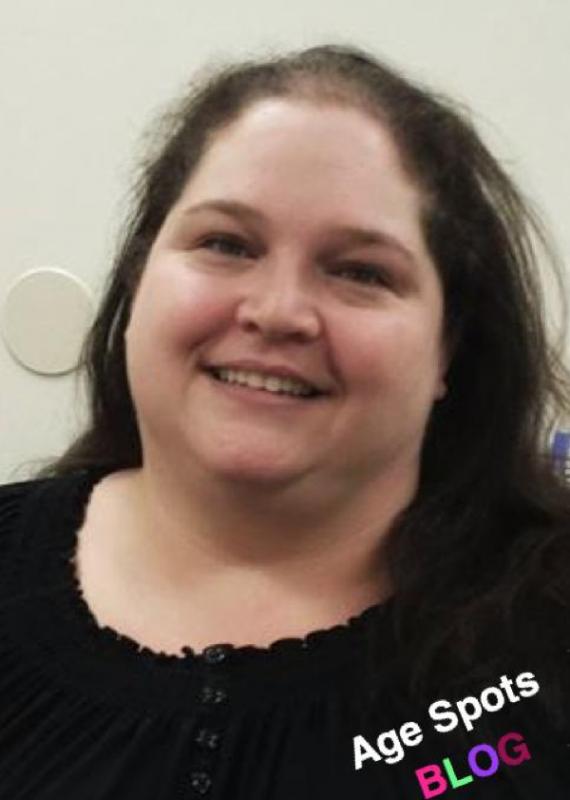
This Call is For You
The phone rings on a warm June afternoon. Picking it up you say “hello”, the caller on the other end is distorted and the line is full of static. You can barely make out that it is your grandson and he has been arrested in Mexico and needs you to send him money immediately.
The call comes in as you are sitting down for dinner. It is the IRS and they are calling to inform you that you owe a substantial amount of money and if you do not give them a payment right away, there could be severe consequences.
Medicare calls you on your cell phone, to inform you that it has received some questionable charges that you need to verify. They are afraid someone has used your Medicare number and need you to verify your number and other personal information.
All of these phone calls illicit a similar response panic, confusion, and even fear. All of these phone calls are also scams. Phone scams targeted at seniors are very popular and are increasing at an alarming rate.
Seniors are a prime target for scammers for various reasons. Many seniors have paid off their homes, saved money over their lifetimes and have good credit all of which makes them “ripe for the picking” in a scammers mind. And many seniors are just nice people, those who grew up in the 30’s, 40’s and 50’s were raised in a time when people strived to be polite and trusting, so once a scammer gets them on the phone, many have a hard time saying no or hanging up on the caller.
A real problem is that many people who fall victim to a scam or even those who want to report questionable activity do not know where to go to report the call. You can always report a scam to your local police or Sheriff’s office. The Mo Attorney General’s Office can also take reports of scams and identity theft. Missouri Senior Medicare Patrol (SMP) helps Medicare and Medicaid beneficiaries prevent, detect, and report health care fraud, so any suspected Medicare scams can be reported to the SMP. Don’t be embarrassed or afraid if you have fallen for a scam, these criminals work very hard to stay one step ahead of us and practice what techniques work to get your money or information. If you have been scammed, please report it with as much information as you can.
There are some simple things you can do to avoid becoming a victim. First, sign up for the Do Not Call Registry managed by the Attorney General’s Office at 1-866-662-2551. This will stop many calls but if you are still receiving calls they may be scammers, who do not care if you are on the registry.
Protect your identity by not giving out personal information such as Medicare and Social Security numbers and banking information. Remember that Medicare, Social Security and the IRS will NOT call you if they need to contact you.
Talk to family members or a trusted friend if you are receiving calls that concern you. Scammers count on your silence to continue their scams. Remember that you can receive a free credit report from each of the 3 credit bureaus every year for free. Check them to make sure there is no unusual information.
And most importantly remember that it is ok to hang up on someone, especially of they are trying to frighten or bully you. Block the number if possible or do not answer the calls. Take the steps you need to so answering your phone is not something you regret doing.
If you have fallen for a scam or have concerns please call our office at Aging Matters 1-800-392-8771 and we will do our best to assist you.

